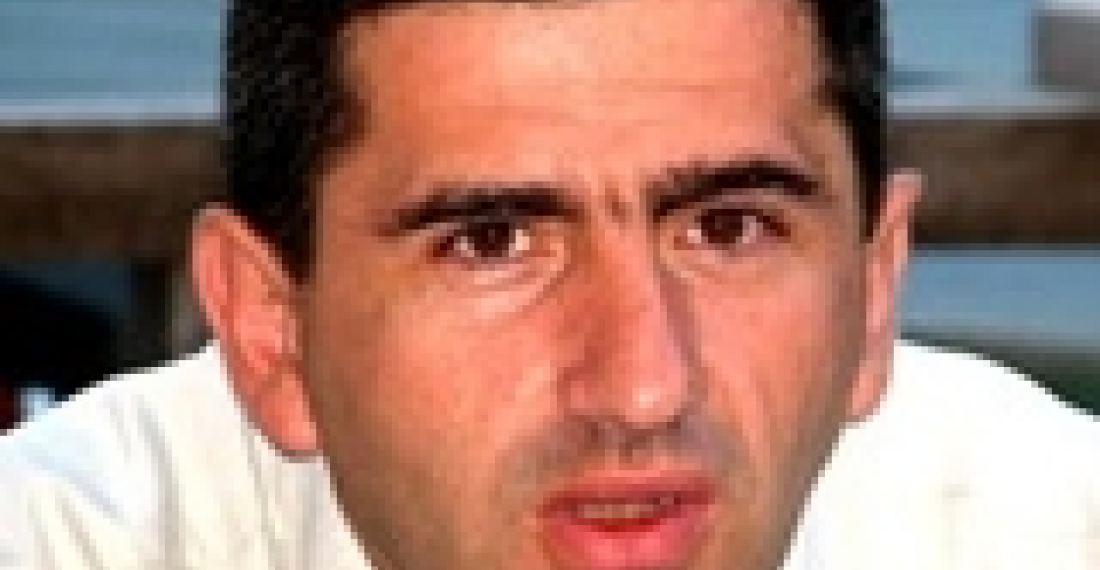"Провал в попытке достижения соглашения по Основным принципам урегулирования азербайджано-карабахского конфликта во время встречи президентов Армении, Азербайджана и России в Казани, на мой взгляд, обусловлен рядом причин”, - заявил в беседе с корреспондентом АрмИнфо в Степанакерте карабахский аналитик Давид Карабекян.
По его словам, в первую очередь, этот провал обусловлен амбициями официального Баку, опасающегося к тому же неоднозначной реакции со стороны азербайджанского общества на принятие властями ряда обязательств перед Арменией, Нагорным Карабахом и ОБСЕ, а также патовой ситуацией в раскладе интересов региональных и мировых держав - авторов региональной и мировой политики.
“Речь идет об интересах США, Ирана, России, Турции, очевидно, совпадающих с определенными интересами элит конфликтующих стран", - заявил Карабекян.
Он добавил, что, как следствие - искусственное замораживание статус-кво в зоне конфликта и затормаживание переговорного процесса. “Иран, как и впрочем, Россия серьезно обеспокоен перспективой развертывания иностранного военного контингента в регионе конфликта. Для первого развертывание сил, действующих под эгидой подконтрольной Западу организации, воспринимается как звено в реализации антииранских планов. Разворачивание сил, в которых могут доминировать военнослужащие из стран-участниц НАТО, равно как и любое усиление влияния Запада на постсоветском пространстве, в том числе и на Южном Кавказе, вызывает серьезные опасения и у России, считающей регион зоной своих жизненных интересов", - отметил аналитик.
По его словам, из-за ряда ошибок Армения и Нагорный Карабах оказались в такой ситуации, что <даже при признании права на самоопределение карабахского народа, НКР рискует оказаться в кольце миротворцев и азербайджанских беженцев>. "Именно объективный анализ ошибок, осуждение политики, лежащей в их основе, станет первым шагом на пути к выходу из тупика, в котором оказался переговорный процесс в целом", - резюмировал Давид Карабекян.






